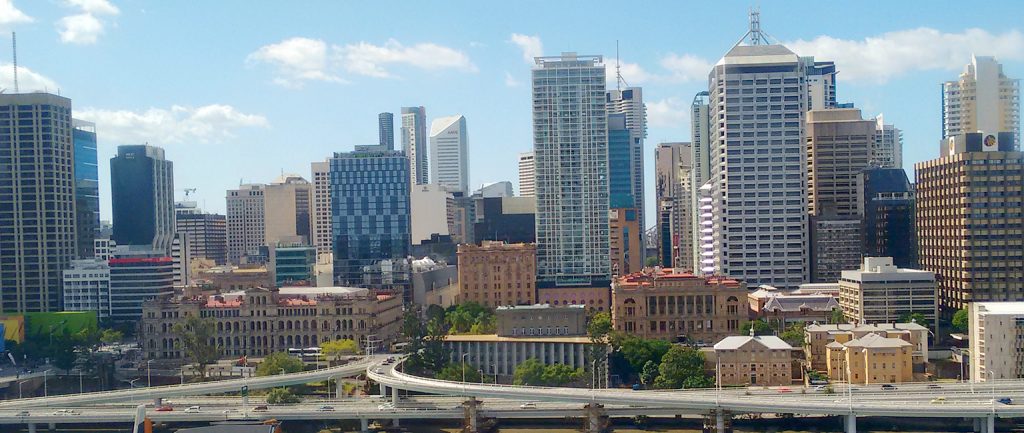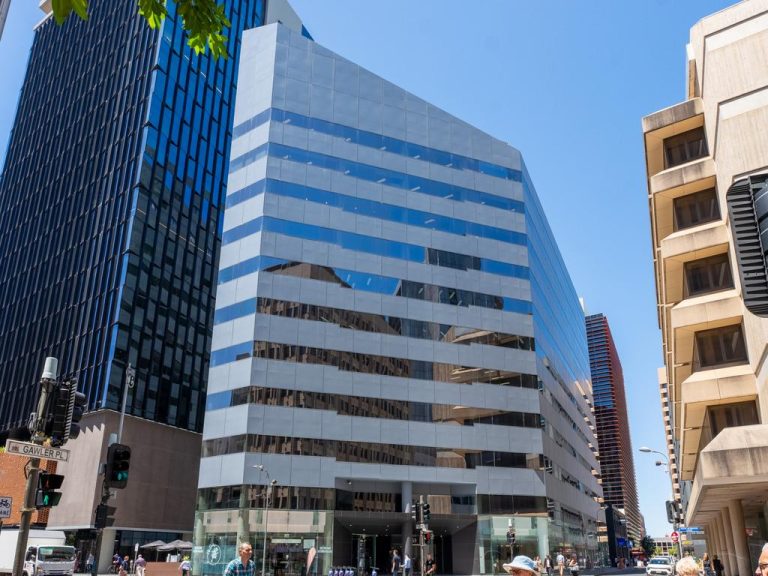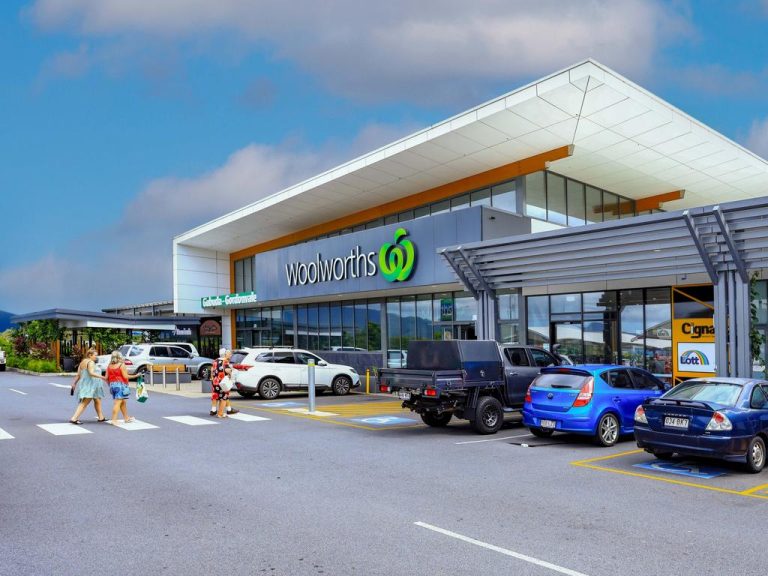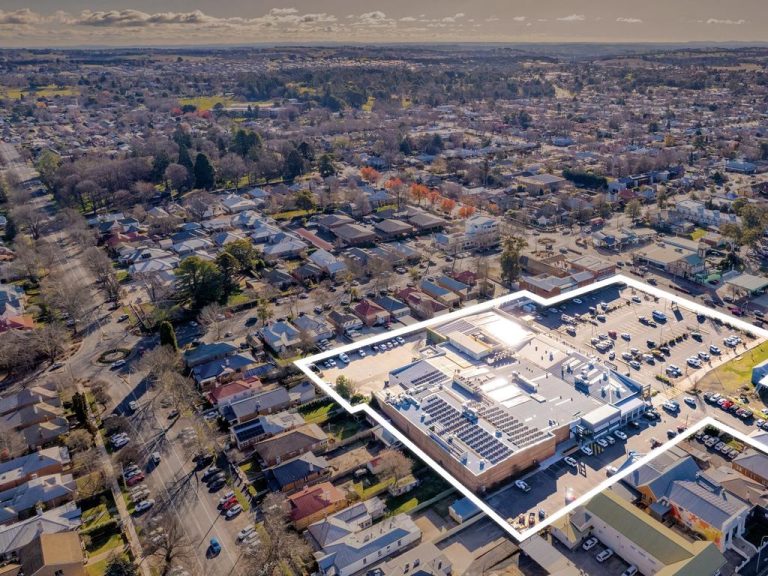Metro office markets put CBDs in the shade

Australia’s eastern seaboard metro office markets are seeing increasing levels of investment as buyers find themselves priced out of the CBD or chasing juicier yields.
Colliers International research shows investment in Sydney, Melbourne and Brisbane metropolitan markets is on the rise, particularly amongst large offshore investors.
In Sydney, A-grade metro office investment is significantly outpacing the city’s CBD, with $2.3 billion worth of deals recorded so far this year, compared to the CBD’s $1.8 billion.
Across all three cities, A-grade metro offices have attracted $3.9 billion worth of investment in the year to date – well in excess of the $3 billion spent on CBD assets in 2016 so far and already more than the $3.8 billion seen in all of 2013, according to the research.
Colliers International managing director of capital markets and investment services John Marasco says investors are lifting their vision and seeking assets further afield.
“Whilst there is still healthy investor appetite for CBD assets with four months to run in the calendar year, the narrowing gap between CBD and metro investor volumes points to increasing attention being paid to non-CBD office assets,” he says.

Metro office markets are proving attractive to investors.
“Analysis of sales volumes in Sydney, Melbourne and Brisbane, when comparing metro office to CBD office markets, sees investment levels weighted towards CBD markets. However, as CBD office yields have compressed sharply, capital has begun to shift to metropolitan office investment in 2016.”
According to Colliers, offices in Melbourne and Sydney metro locations are proving attractive to investors as they are selling on yields 1% to 1.5% higher than CBD assets.
Melbourne and Brisbane metro markets are also enjoying significantly reduced vacancy rates in comparison to the CBDs, with Melbourne metro vacancy currently around 3.8% in comparison to 6.1% in the city, while Brisbane’s metro vacancy is at 10.6%, compared to 13.9% in the CBD.
Colliers’ international director of research Luke Dixon puts the surge in metro investment down to a comparative lack of CBD stock.

Investors are looking further afield as CBD office opportunities dwindle.
“Enquiry volumes for investment sales of CBD assets is almost double that seen in metropolitan sales campaigns. This weight of capital can in part can be explained by the volume of stock available between the two markets,” Dixon says.
“However, the sharp compression of CBD office yields has seen capital begin to shift to metropolitan office in 2016.”
Offshore investors have accounted for 42% of A-grade office sales in the year to date, compared with 34% last year and 38% in 2014.







